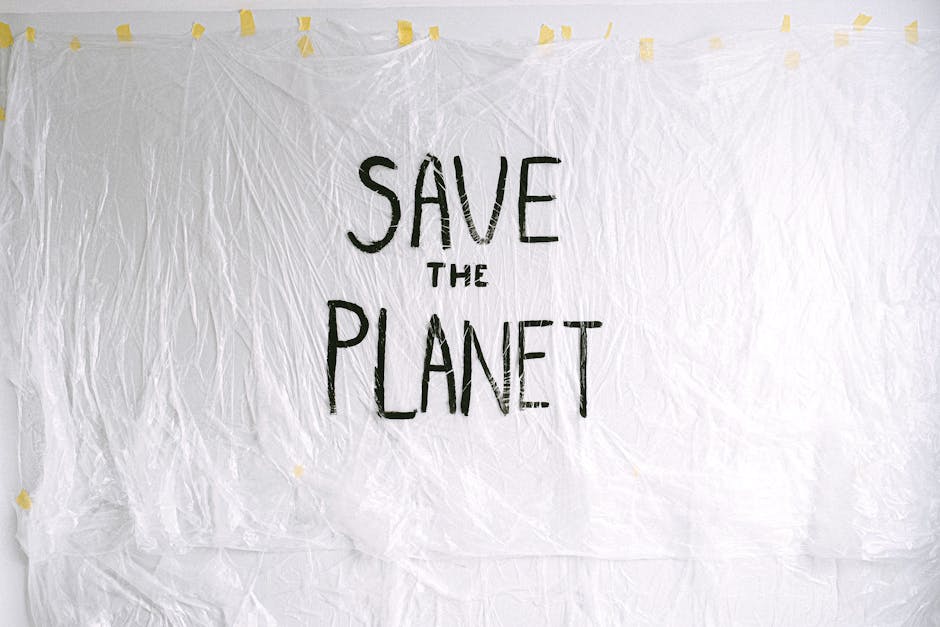The pervasive nature of plastic waste presents a formidable environmental challenge. From microscopic fragments in marine ecosystems to towering landfills, plastic pollution is a global concern demanding immediate and multifaceted solutions. Addressing this crisis requires a comprehensive approach encompassing production, consumption, and disposal strategies. This article explores key areas for reducing global plastic waste, examining innovative solutions and the crucial role of individual and collective action.
Plastic production has surged in the past century, driven by its affordability, versatility, and perceived convenience. This proliferation, however, has led to a global accumulation of plastic waste, jeopardizing ecosystems and human health. A fundamental shift is required in our relationship with plastic, moving beyond a culture of disposability towards a more circular economy approach. A pivotal first step lies in re-evaluating the very design and production of plastic itself.
Innovating Plastic Materials: A Radical Departure
Conventional plastics, primarily derived from fossil fuels, are notoriously resistant to biodegradation. Research into bio-based and biodegradable plastics offers a path towards a more sustainable future. Certain plant-based polymers, produced using renewable resources, provide an alternative to petroleum-derived plastics. The development of biodegradable plastics, while promising, necessitates careful consideration. These materials often require specific conditions for degradation and their efficacy in real-world applications must be thoroughly assessed. Moreover, current technologies might not fully eliminate the ecological footprint of plastic production, highlighting the need for continuous refinement.
Enhancing Plastic Recycling Technologies: Optimizing Existing Infrastructure
Recycling is an indispensable component of plastic waste reduction. However, existing recycling infrastructure often struggles with the diverse range of plastic types and contamination. Advancements in sorting technologies, using methods like optical sorting and advanced material identification, offer promise in increasing efficiency and reducing contamination. Furthermore, chemical recycling techniques, capable of breaking down plastic into its constituent parts for reuse in new products, provide another avenue to close the plastic loop. Crucially, incentivizing responsible plastic collection and sorting through public awareness campaigns and tailored incentives can significantly bolster recycling efforts.
Addressing Consumption Patterns: Shifting Consumer Behavior
The overwhelming volume of plastic waste underscores the need for a more mindful approach to consumption. Promoting reusable alternatives for single-use plastics is paramount. From reusable water bottles and shopping bags to coffee cups and food containers, practical and attractive alternatives exist that lessen reliance on disposable items. Education and awareness campaigns emphasizing the long-term environmental consequences of plastic consumption can play a crucial role in altering consumer habits. Financial incentives for the adoption of reusable products and penalties for littering and improper disposal are additional strategies.
Developing Sustainable Alternatives: Beyond the Plastic Paradigm
While recycling and innovating plastic materials are crucial, a complete paradigm shift requires exploring viable alternatives in various sectors. In packaging, for instance, the application of biodegradable or compostable materials holds immense potential. Reducing packaging volume and shifting towards minimalist packaging practices also constitute impactful measures. Further investigation into packaging-free solutions and alternatives using reusable containers presents other opportunities. Similarly, innovative designs in the building sector could leverage sustainable materials, reducing the use of plastics in construction.
Enacting Policy Changes: Government Legislation for a Sustainable Future
Effective regulations and policies are indispensable in achieving widespread plastic waste reduction. Banning single-use plastics and imposing taxes on problematic plastics can deter their use and stimulate demand for sustainable alternatives. Regulations regarding plastic packaging, including its composition and content, are essential. Policies supporting the development of innovative recycling technologies and the expansion of plastic recycling facilities can generate substantial benefits. Furthermore, international cooperation and collaborative efforts are needed to tackle the global nature of plastic pollution.
Strengthening International Cooperation: Collective Action for a Cleaner World
International agreements and initiatives offer a framework for coordinated action to combat plastic pollution. Global cooperation is essential to address the transboundary nature of plastic waste and to establish common standards and regulations for the management of plastic waste. Sharing best practices, investing in technology transfer, and fostering collaboration between governments, businesses, and non-governmental organizations are key components.
Conclusion: A Collective Responsibility
Reducing global plastic waste demands a multi-pronged approach that encompasses technological innovation, policy changes, behavioural shifts, and a re-evaluation of our relationship with plastics. A significant contribution lies in prioritizing the development and adoption of sustainable materials, and investing in infrastructure for efficient recycling. Crucially, a paradigm shift in consumer behaviour and governmental regulation must accompany these efforts. By embracing these strategies, we can collectively pave the way for a future with significantly reduced plastic pollution, ensuring a healthier planet for generations to come. The responsibility to combat this crisis rests not with a single entity but rather on the shared commitment of individuals, businesses, and governments alike.












